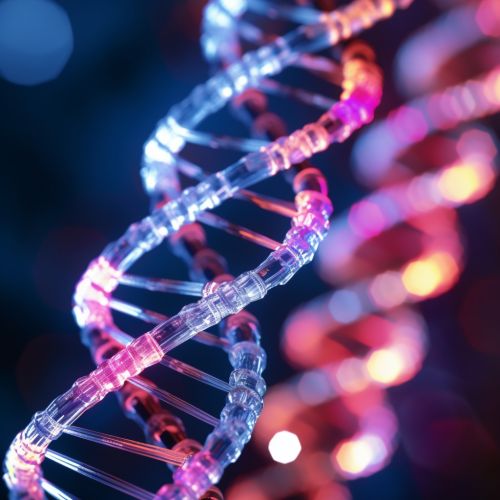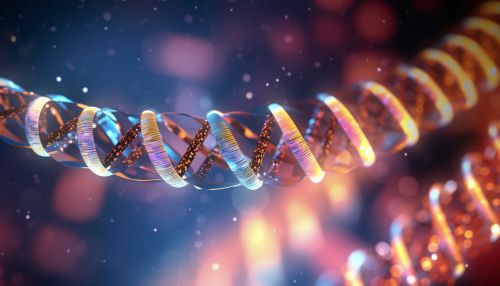Biomarker
Introduction
A biomarker, also known as a biological marker, is a measurable indicator of some biological state or condition. Biomarkers are often used in clinical trials, where they are used to determine the effects of certain drug treatments. In the field of precision medicine, biomarkers play a crucial role in understanding the complex mechanisms underlying health, disease, and treatment response.


Types of Biomarkers
Biomarkers can be classified into different types based on their characteristics and the purposes they serve. These include:
Diagnostic Biomarkers
Diagnostic biomarkers are used to identify or detect the presence of a disease or condition. These biomarkers can be used to confirm a diagnosis, especially in diseases that are difficult to diagnose through conventional methods.
Prognostic Biomarkers
Prognostic biomarkers provide information about the likely course of a disease in an individual. They can help predict a patient's outcome, regardless of the treatment.
Predictive Biomarkers
Predictive biomarkers are used to identify individuals who are most likely to respond to a particular treatment. They play a crucial role in precision medicine and personalized treatment.
Uses of Biomarkers
Biomarkers have a wide range of applications in various fields of medicine and research. Some of the key uses of biomarkers include:
Disease Diagnosis and Management
Biomarkers are often used in the diagnosis and management of various diseases. They can help in early detection of diseases, monitoring the progress of the disease, and determining the effectiveness of a treatment.
Drug Development
In drug development, biomarkers are used to assess the safety and efficacy of new drugs. They can also help in identifying the right dose of a drug and in reducing the time and cost of drug development.
Precision Medicine
In precision medicine, biomarkers are used to understand the complex mechanisms underlying health, disease, and treatment response. They help in identifying the most effective treatments for individual patients based on their genetic makeup.
Challenges in Biomarker Research
Despite the potential benefits of biomarkers, there are several challenges in biomarker research. These include:
Identification and Validation
Identifying and validating new biomarkers is a complex and time-consuming process. It requires a thorough understanding of the disease biology, as well as advanced technologies for biomarker discovery.
Regulatory and Ethical Issues
There are also regulatory and ethical issues associated with the use of biomarkers. These include issues related to privacy, consent, and the use of genetic information.
Technological Challenges
Technological challenges include the need for high-quality samples, advanced technologies for biomarker discovery, and robust methods for data analysis.
Future of Biomarkers
The future of biomarkers looks promising, with advances in technologies such as genomics, proteomics, and metabolomics paving the way for the discovery of new biomarkers. With the increasing focus on precision medicine, the role of biomarkers in healthcare is likely to increase in the coming years.
